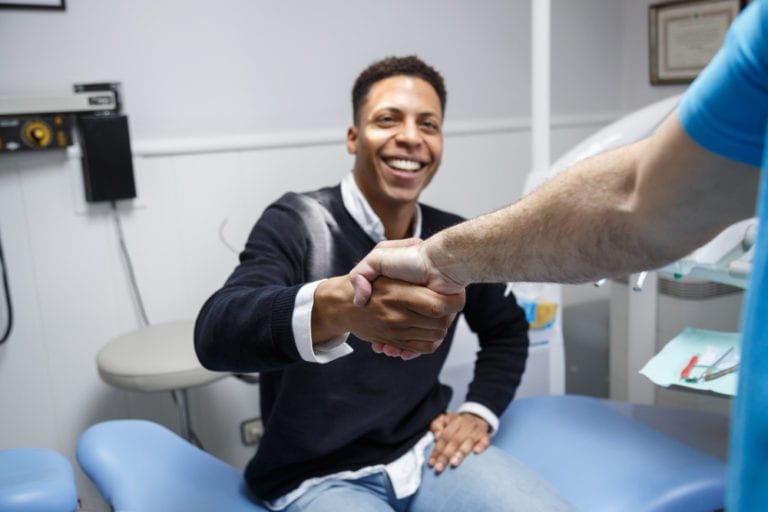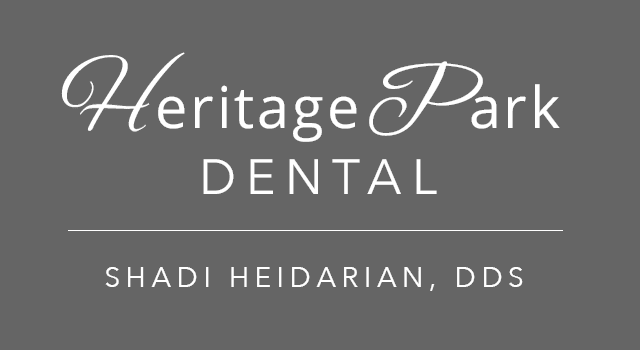Overcoming Dental Phobia

Visiting the dental chair usually makes people a bit uneasy, and for many, the idea of going to the dentists may seem like a huge chore. But when fear sets in and panic becomes the response, then it’s a phobia that can hinder your ability to treat your teeth effectively. Dental phobias can be mild, feeling like a hesitation when you sit in the office or can be severe, avoiding the dentist at all costs. Fear is an irrational emotion, and overcoming dental phobia comes with challenges just like any other phobia. Here are our suggestions from the dentist’s mouth about controlling this fear and experiencing better dental visits.
Recognize Your Symptoms
Visiting the dentist shouldn’t feel like a dangerous place and shouldn’t cause any distress or panic because visiting the dentist is just like making any doctor’s appointment. Most people, when they see the dentist, think of it as a chore at worse. As dentists, our best measures are to protect teeth and cause as little pain as possible when performing procedures. Here are some common signs of dental phobia that we often recognize in patients:
- Avoiding the dentist until you experience severe pain
- Issues with sleeping before your visit
- Feelings of unease while waiting for your appointment
- Early signs of panic while thinking of the dentist, including difficulty breathing and feelings of illness
Pinpointing Your Fears
There are specific fears that people have when they think of the dentist for some people, while others will have a generalized feeling of panic when thinking about going to the dentist. We suggest finding out the root cause of your fears, the scenarios you may imagine while feeling fearful, and taking the time to learn about them or ask your dentist what their goals are when handling teeth. Some common fears include:
- Fear of Extractions: The image of a dentist pulling on a tooth with full force is not only inaccurate but unethical. When a tooth needs to be extracted, it’s extracted as a last measure because dentists’ goal is to save the tooth, not remove it.
- Fear of Cavities: Cavities, depending on their severity, can hurt a lot, but it should not cause anxiety. At most, the right dentist will give you a warning and then take care of the tool by cleaning it out and replacing the lost tooth with a filling.
- Fear of Anesthesia: Anesthesia can contribute to an immense fear, such as a fear of needles or a fear of still feeling pain during a procedure. Dentists are highly trained in using anesthesia, and in cases where we need to use anesthesia, we make sure that the area is numb by checking in first before proceeding.
- Claustrophobia: Dentists are trained to work within that tiny space in your mouth, and being in such proximity, can also contribute to a person’s claustrophobia. Dentists have ways of managing those fears by helping patients through them.
For more information on how to communicate with your dentists, and help overcome your phobias, speak with Dr. Shadi Heidarian at Heritage Park Dental in Palo Alto, CA.

